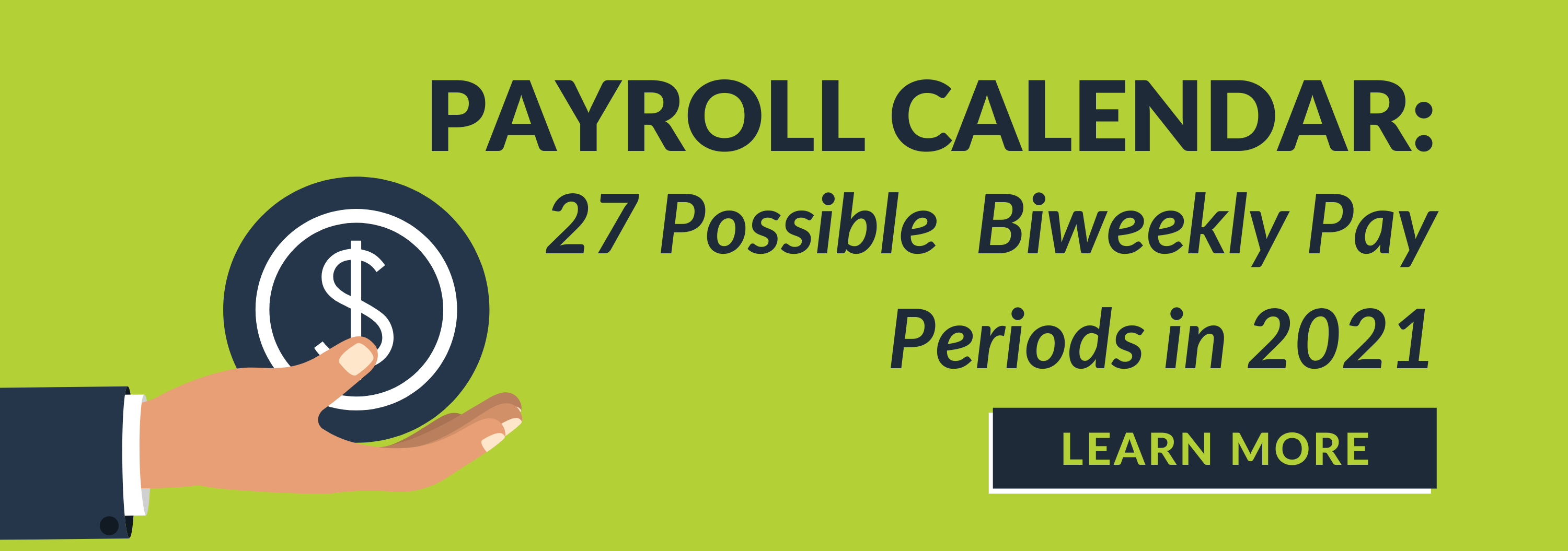
Written by
Lauren Brown
Lauren is an aPHR®-certified member of the Marketing team at Bernard Health. She writes about healthcare insights, employment law, and HR solutions.
GoodRx vs. Insurance: Which Should I Use?

While individuals might have prescription coverage through their employer-sponsored health plans, they might still face high costs for their medications depending on the drug they’re prescribed and what kind of plan they have.
In some cases, there might be even more savings available to them through GoodRx, which allows individuals to save money on prescriptions without any registration or membership cost.
How does GoodRx work, and can employees use it with their insurance?
How Does GoodRx Work?
GoodRx is a discount program that helps consumers save money on prescription drug costs by offering free coupons that they can present at most local pharmacies.
Here’s how it works. GoodRx is a database that catalogs current drug costs at pharmacies around the country. It also offers coupon codes to consumers, which lowers the price of prescriptions.
When a doctor or specialist prescribes a certain medication to a patient, the individual can visit GoodRx’s website to search for the drug and compare discounted prices available at different pharmacies.
The individual can then print out the coupon or access the coupon on their mobile device through the website or app and show it to the pharmacist at the checkout when they get their prescription filled.
Can I Use GoodRx If I Have Insurance?
While anybody can use GoodRx without membership or registration, GoodRx discounts cannot be combined with health insurance. It’s also important to note that GoodRx itself is not insurance.
According to the company, “Paying with a GoodRx coupon is considered an ‘out-of-network’ purchase, and it’s up to the insurance company to decide if they’ll pay you back—or whether they’ll count it toward your deductible.” Therefore, employees can try to get reimbursed for the prescription through insurance post-purchase, but it’s not always eligible.
With certain health insurance plans, employees might have a deductible for prescriptions that makes the plan holder pay full price for the prescription until the out-of-pocket maximum is reached, according to GoodRx. The company also explained that employees might lack coverage entirely or have to pay a higher copay if their medication is on a higher formulary tier or is a non-preferred drug.
When Should Employees Use GoodRx vs. Insurance?
So when should employees use GoodRx instead of their insurance?
Using GoodRx usually means that individuals cannot count the cost of the prescription toward their deductible and out-of-pocket maximum. Therefore, it makes sense to use GoodRx to further drive down the cost of inexpensive prescriptions or generic drugs if employees don’t think they’ll hit their deductible.
Alternatively, employees should run the prescription through insurance rather than use GoodRx when the cost of the medication is more expensive or when GoodRx doesn’t have a coupon for the drug they need. Likewise, if an employee is close to meeting their deductible, they should also forgo using GoodRx in favor of running it through their insurance.
Finally, employees should always check the insurance price of their prescription and GoodRx prices before going to the pharmacy.

Written by
Lauren Brown
Lauren is an aPHR®-certified member of the Marketing team at Bernard Health. She writes about healthcare insights, employment law, and HR solutions.
Related Posts
Part-time work is becoming increasingly common in today’s workforce—especially for...
As an HR professional, you’re responsible for helping employees navigate their health...
Healthcare access has become a major priority for employers—and employees—over the past...
Summer is synonymous with vacations, PTO, and out-of-office messages—but it’s also the...







Submit a Comment